For a country that seems evenly divided over politics and polarized about many cultural issues, a durable majority does agree about one thing: They don’t like the Biden presidency.
And despite the machinations that resulted in President Joe Biden’s not being on the ballot this election season, his unpopularity is still the mood music of this election.
From his border policy to the economy he has been presiding over to turmoil overseas, there isn’t a lot about the Biden years that voters love in this moment. It’s why former President Donald Trump has basically a 50-50 chance to return to the White House, just four years after voters fired him.
Of course, the reason Trump’s chances aren’t greater than 50-50 is that Democrats finally read the room and switched candidates from Biden to Vice President Kamala Harris. Bottom line: It’s clearer now in hindsight — and perhaps it would have been regardless of that ill-fated debate performance — that Biden simply didn’t have a winning hand to run on. All he had was harnessing backlash over Jan. 6 and abortion, and while both issues do resonate with a significant chunk of the electorate, those two issues alone couldn’t get him to the finish line.
But while Biden isn’t on the ballot anymore, voters are certainly feeling his presence. If there’s one thing it’s clear they don’t want, it’s a candidate who reminds them of Biden.
Let’s set the scene. In the most recent NBC News poll, 54% of respondents say they disapprove of the job Biden is doing. This is actually his “best” disapproval rating of the year — lower than the 56% who disapproved before he dropped out in April or the whopping 60% who disapproved at the start of this year. Arguably, the more inflation was being felt nationwide, the more the public articulated its disapproval of Biden’s job.
To dig deeper, we tested the word “Bidenomics” in the most recent NBC News poll — and how voters react to it is even more telling about the challenge Harris faces being Biden’s vice president.
By a 2-to-1 ratio (22% positive, 46% negative), voters view the word “Bidenomics” negatively, including the approximately one-fifth of all voters whom our pollsters deem “swing voters” — people who haven’t voted straight GOP or Democratic for the White House since 2016.
To get a sense of where this 21% slice of the electorate sits politically right now, in our poll, these voters preferred Trump over Harris by 7 percentage points — but they preferred Democratic control of Congress by 4 points.
When you dig deeper into the “swing voter” category, you see “Bidenomics” is even more problematic for Harris. Among self-identified independent voters, the positive/negative split on the term is 16%-49%. “Bidenomics” doesn’t do much better with suburban women (26%-37%) or white women (22%-47%) or women ages 50 and over (30%-45%).
These are all voting groups with which Harris has to do well to win this election.
(By the way, even among Democrats, “Bidenomics” is barely popular, with 31% viewing the term positively and 25% viewing it negatively. To have 1 in 4 Democrats being negative about the term “Bidenomics” is not a yellow light but a flashing red-light political emergency.)
That’s why Harris’ comment on “The View” last week is potentially so devastating to her campaign with just a few weeks to go before Election Day. Asked to identify a decision Biden made as president on which she would have gone another way, she responded: “There is not a thing that comes to mind.”
It’s a quote that could linger over this campaign in a very uncomfortable way for her in the closing weeks of this campaign — or maybe even for years if she comes up short, like John Kerry after his infamous 2004 statement about Iraq War funding: “I actually did vote for the $87 billion — before I voted against it.”
In 2004, Kerry was trying to explain the difference between two different war funding votes he took, but the way he uttered the sentence reinforced an image George W. Bush’s campaign was trying to paint: that Kerry was indecisive and a flip-flopper. When you lose a fairly close election, as Kerry did in 2004, there are numerous things one could point to. But on messaging, this quote was devastating for him, and it hung over that campaign.
Similarly, this year, the GOP has jumped at any chance it has had to turn this campaign into a simple referendum on the party in the White House. And with good reason, as explained above: Biden is personally unpopular, and his record is professionally unpopular. In fact, Biden is now more personally unpopular than either Harris or Trump. “There is not a thing that comes to mind” plays right into that.
Those who already approve of Biden’s term or don’t like Trump may view Harris’ comment as no big deal. But remember, the voters who will decide this election aren’t as animated about Trump’s behavior. If they were, they wouldn’t still be swing voters.
The track record for sitting vice presidents in the modern political era (defined by me as post-World War II) isn’t great. Just one out of the four who have attempted to succeed their sitting presidents have won: George H.W. Bush in 1988. Richard Nixon in 1960, Hubert Humphrey in 1968 and Al Gore in 2000 all lost extremely close races. If Harris comes up short, it’s likely to look like Gore or Humphrey or Nixon — another oh-so-close race featuring a sitting VP.
Between now and Election Day, I do expect Harris to find more ways to differentiate herself from Biden. But the clock is ticking, and her comment last week only means she has more work to do and less time to do it.
Meanwhile, there is one aspect of Biden’s unpopularity that should worry Trump: age. Now that he is the oldest candidate running, his mental and physical stamina are more under the microscope. If that’s a Biden “hangover” that ends up hurting Trump more than Biden, it means team Harris effectively weaponized his age. Let’s see how this plays out.
Popular vote watch
There has been some analysis, chiefly led by The New York Times’ Nate Cohn, arguing that the possibility of a massive split between the popular vote and the Electoral College, which has been a big story in the last two presidential elections, may disappear this cycle.
In our most recent NBC News poll, our pollsters sorted the head-to-head ballot test by core Trump/GOP states, core Harris/Democratic states and then a dozen more closely contested states in the middle. Then, they compared the results this cycle with 2020 and 2016.
What’s interesting is how much smaller the Democratic lead is in “blue” states in 2024 compared with 2020 and 2016. In 2016, Trump lost the core Democratic states by 22 points, and in 2020, he lost them by 24 points. In this most recent poll, Trump was losing the core Democratic states by only 13 points.
Meanwhile, though Trump’s support grew some in the blue states, it has stayed stagnant in the red states and battleground states. In 2016, Trump won the core GOP states by 18 points, and in 2020, his margin in the red states was 16 points. In this most recent poll, it was also 16 points. And the battleground-state margin stood at 1 point all three times, moving only slightly between the parties.
What does this all mean? If the polling trend holds and Trump improves in the blue states without winning any of them, the likelihood that the Electoral College winner (no matter who it is) will also carry the popular vote has increased.
Who knows what Trump’s blue-state arena tour over the next 10 days does to his blue-state support, but one thing is for sure: If he wins the presidency while also winning the popular vote, it will be a different kind of mandate for him from the one he claimed to have gotten in 2016.
This article was originally published on NBCNews.com

 German (DE)
German (DE)  English (US)
English (US)  Spanish (ES)
Spanish (ES)  French (FR)
French (FR)  Hindi (IN)
Hindi (IN)  Italian (IT)
Italian (IT)  Russian (RU)
Russian (RU) 



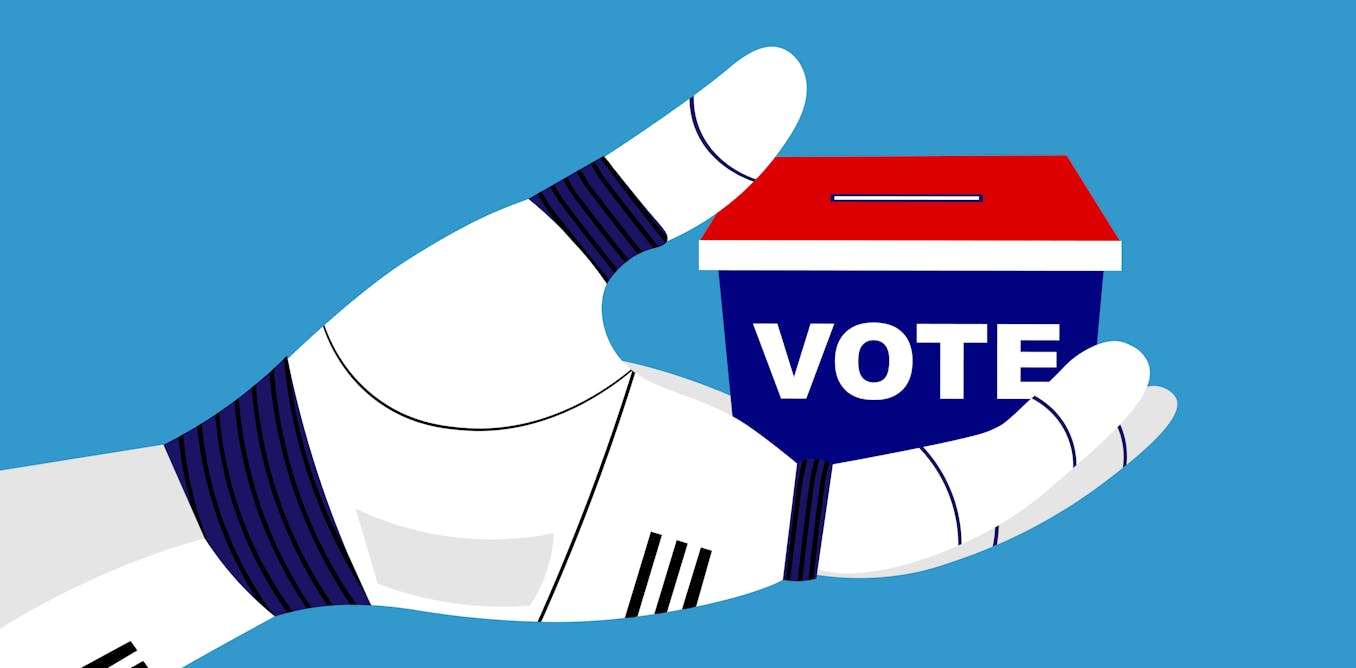
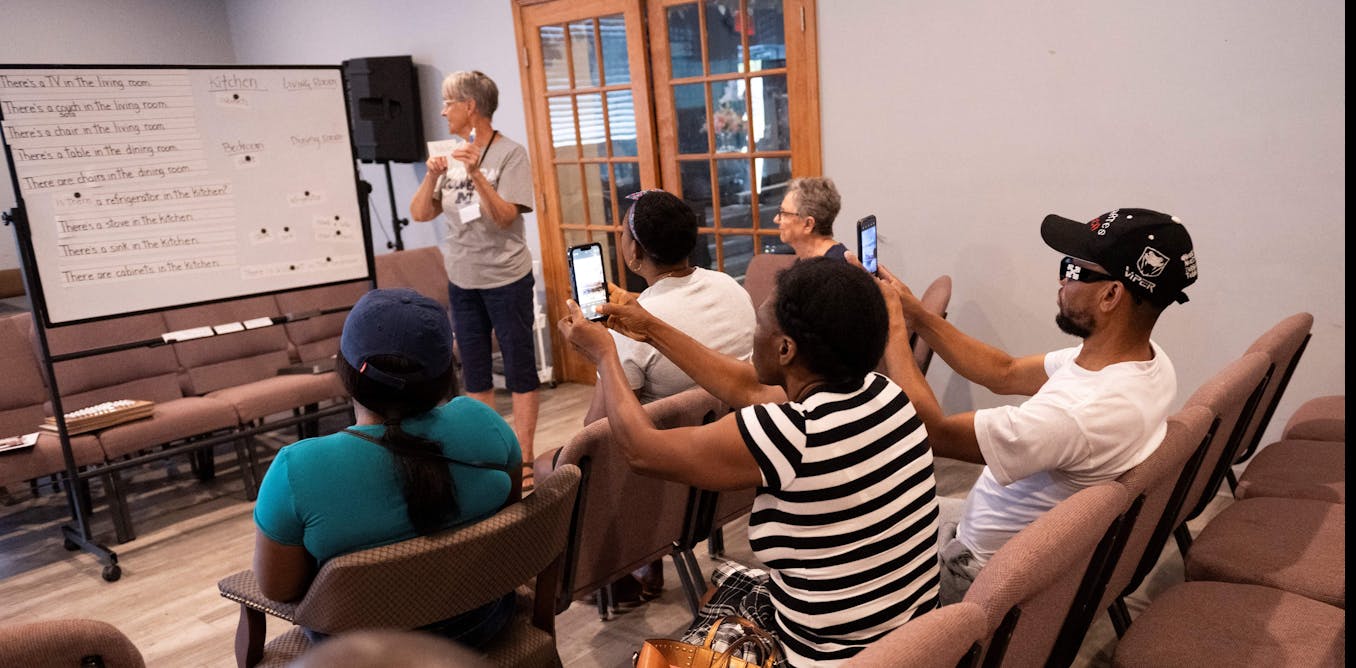






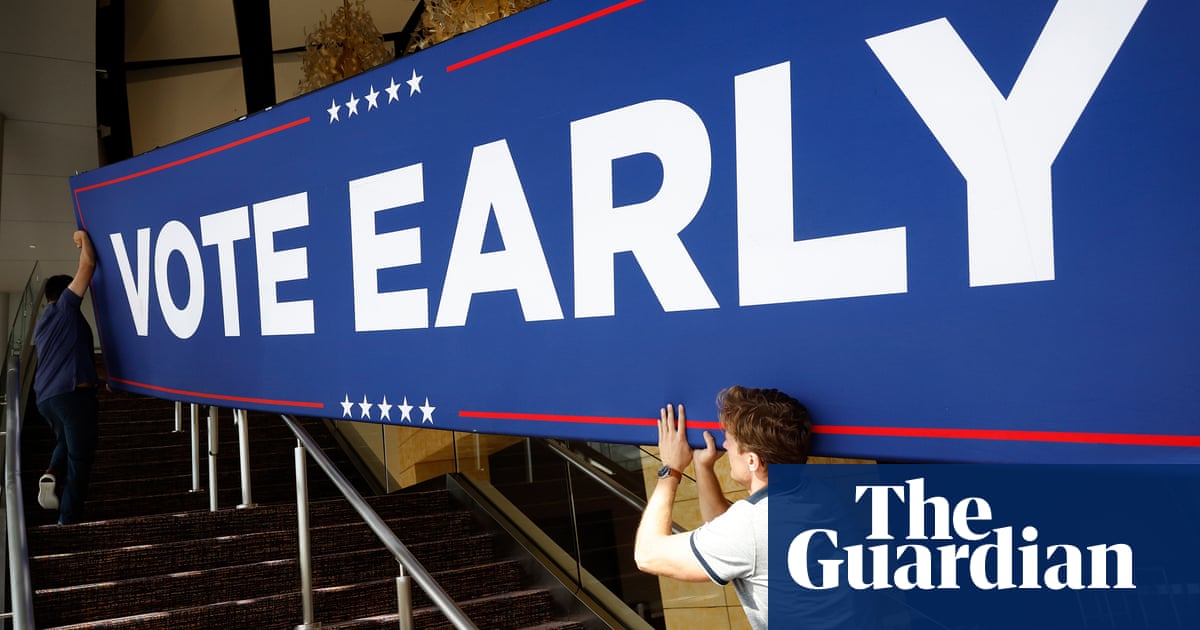


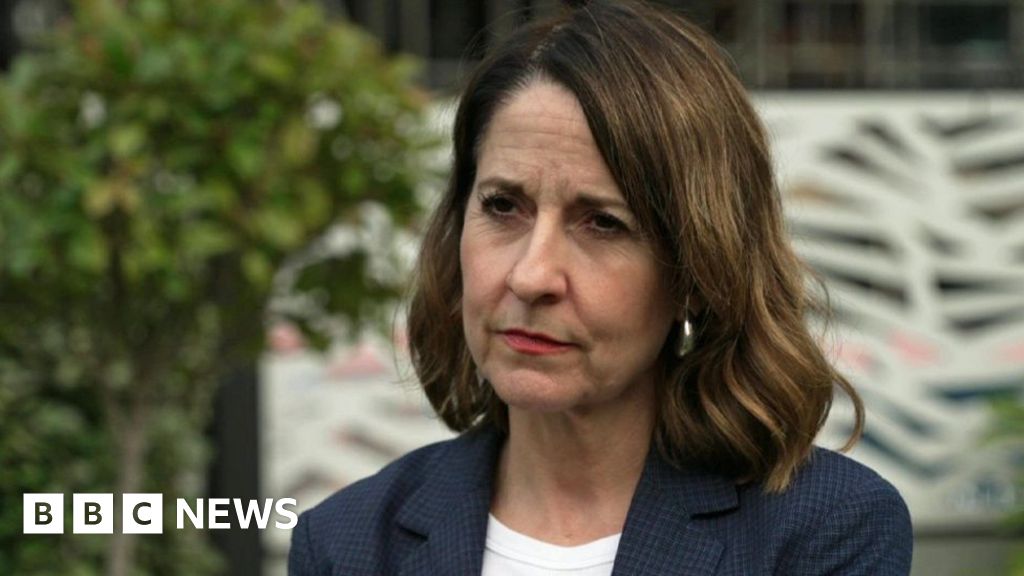




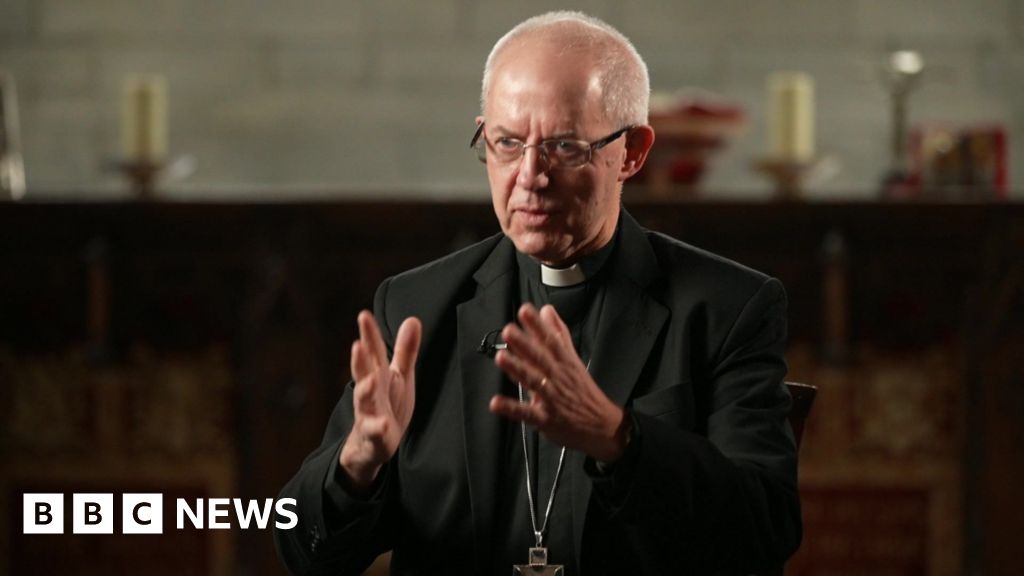



Comments